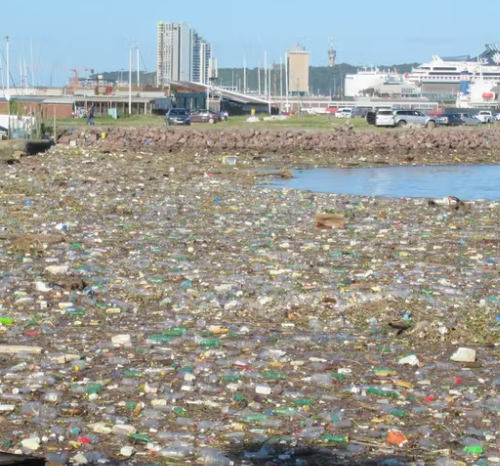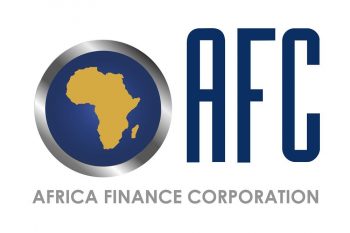Africa Climate Summit: Kenya’s Green Growth Pitch Sparks Justice Concerns
Outcry over McKinsey’s role and unease with Ruto’s focus on finance raises questions as to whether the summit will truly be “by Africans for Africans”.
Green Policies Are In Place For South Africa’s Major Port City: But A Key Piece Is Missing
The floods of April 2022 in the South African city of Durban (eThekwini municipality) placed the spotlight on the management of urban areas and their vulnerability to natural disasters. That homes had been built close to rivers and on floodplains indicates a shortfall in urban planning.
Much of the global thinking about managing risks like flooding uses the concepts of green and ecological infrastructure. They highlight the role of “natural” infrastructure in mitigating natural and human-induced risks.
The Future of Construction & Engineering on The African Continent
There are few industries as pivotal to driving Africa’s sustainable economic development as the civil engineering sector.
No shortage of challenges lies ahead in the development of Africa’s built environment. These challenges are, primarily, financial; How can capital be raised to improve infrastructure and living conditions across the continent? And, environmental; How can a continent of over 1.2bn people (and counting) develop without accelerating climate change and degrading the natural environment?
Shaping a path of truly sustainable economic development on the African continent will need engineering minds at the forefront of policymaking, strategy, and delivery.
As the leading economies of the continent seek to accelerate industrialisation, does Africa’s civil engineering sector have the depth and capacity to deliver on the mega-projects required for growth?
Who are the innovators that will find solutions to challenges around affordable housing, the infrastructure gap, skills shortage, access to capital and environmental impact?
AfricaLive.net speaks with sector leaders from across Africa to understand how African civil engineers seek to shape the future of the continent.









